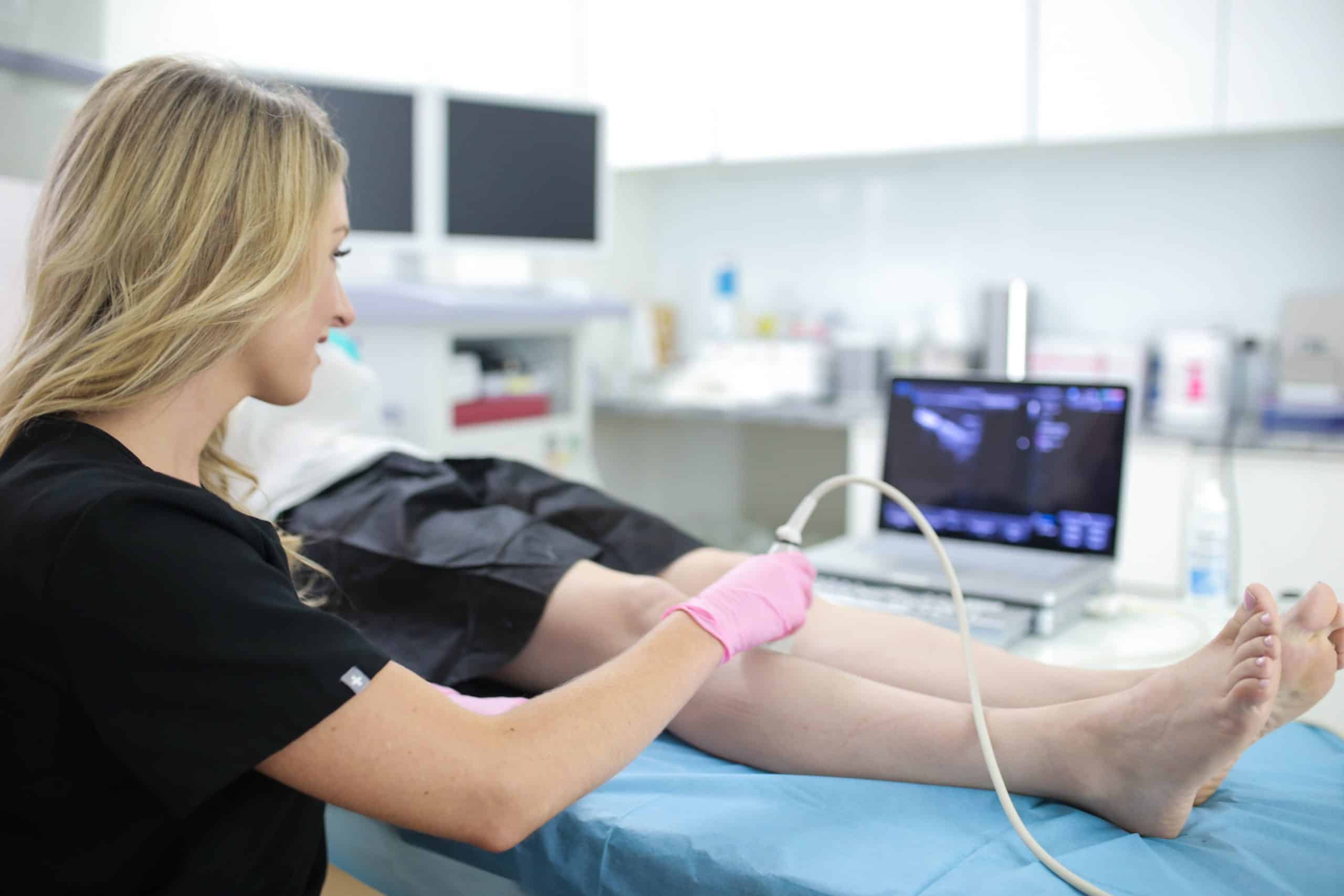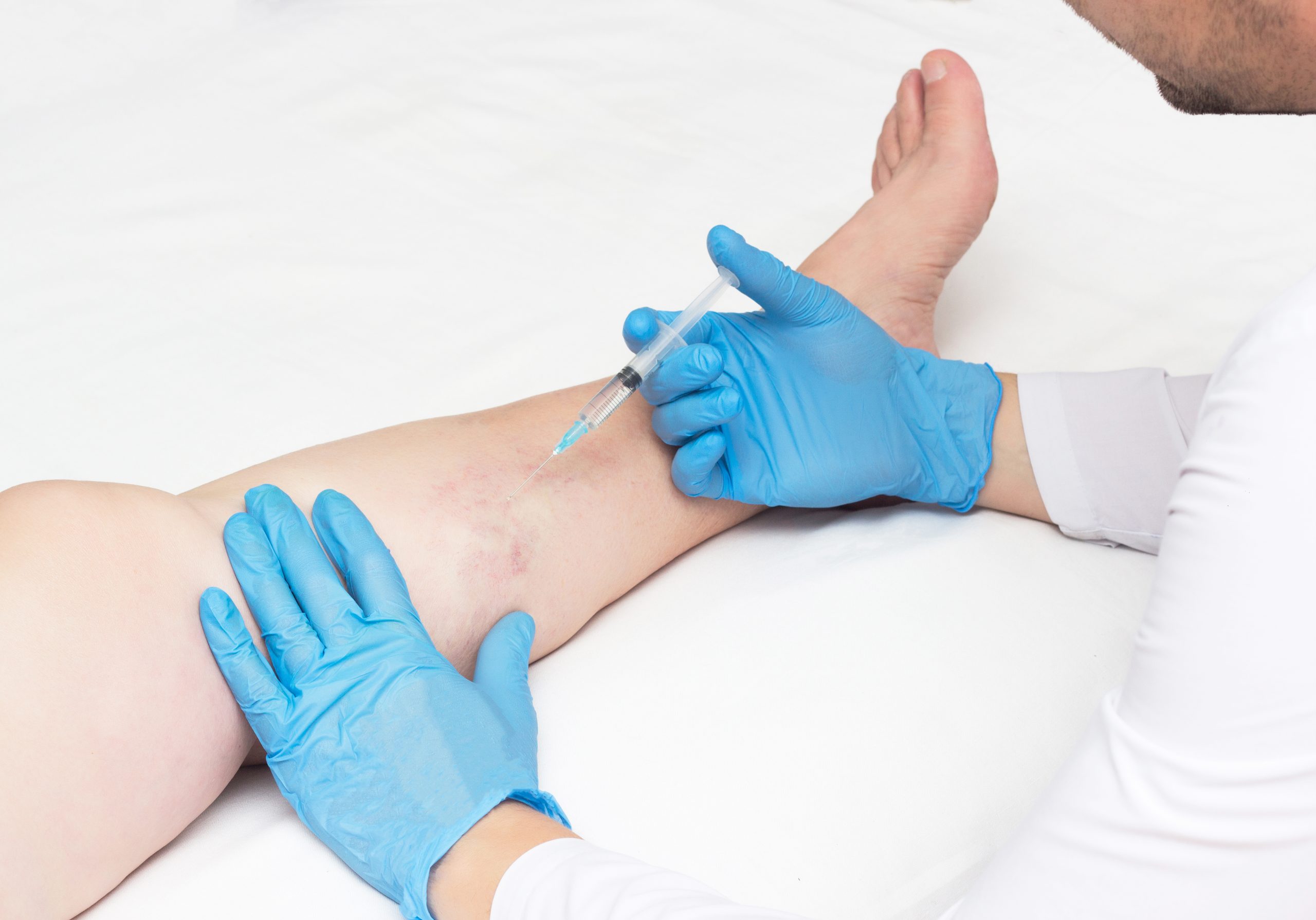In recent years, we have witnessed remarkable technological advancements, which have brought about significant changes in various fields, including medicine and healthcare. Thanks to science, there have been positive impacts on the development of new treatments and improved hospital facilities, allowing patients to receive adequate care most conveniently and affordably possible.
Integrating technology in healthcare has led to various breakthroughs, such as using telemedicine and remote monitoring tools to diagnose and treat patients from the comfort of their homes. Moreover, there have been tremendous improvements in medical devices and equipment, making it easier for doctors to perform complex procedures with greater precision and accuracy.
Overall, the modernization of healthcare services has made it possible for individuals to receive quality care regardless of location or financial capacity.
Continue reading to identify the latest and most convenient methods to provide the best vein treatments.

What does vein treatment mean?
Vein treatment refers to medical procedures that address problems with the veins in the body, particularly the legs. This can include treating varicose veins, spider veins, and other conditions that affect blood flow through the veins. Treatment options can include non-surgical methods such as compression stockings or lifestyle changes and more invasive procedures such as sclerotherapy, laser therapy, or surgery.
Well, what does a vein clinic do?
Vein treatment aims to improve circulation and relieve symptoms such as pain, swelling, or skin discolouration. A healthcare provider can recommend the most appropriate treatment based on the individual's condition and medical history.
What are the different types of vein treatments, and what to expect at a vein clinic?
As we have discussed earlier, various types of treatments are available according to technology and advancement. Let us now discuss them one by one.
There are several types of vein treatments available, including:
- Sclerotherapy: This treatment requires injecting a solution into the affected vein to collapse and reroute the blood flow to healthier veins.
- Endovenous laser treatment (EVLT) uses laser energy to heat and close the affected vein, redirecting blood flow to healthier veins.
- Radiofrequency ablation (RFA): Similar to EVLT, RFA uses radiofrequency energy to heat and close off the affected vein.
- Ambulatory phlebectomy: This minimally invasive surgery involves removing small sections of the affected vein through tiny incisions in the skin.

Each treatment is tailored to the specific needs of the patient and the severity of their condition. Some patients may require a combination of treatments to achieve optimal results.
A qualified vascular specialist can help determine the best course of treatment based on individual needs and circumstances.
Consulting a physician for a proper diagnosis and treatment plan is crucial.
Summing it up :
We hope that you like the article, and this has also created knowledge about what kind of doctor is a vein specialist and what the different types of vein treatment are.
Article source : https://www.articleslurp.com/what-are-the-different-types-of-vein-treatment-procedures/





